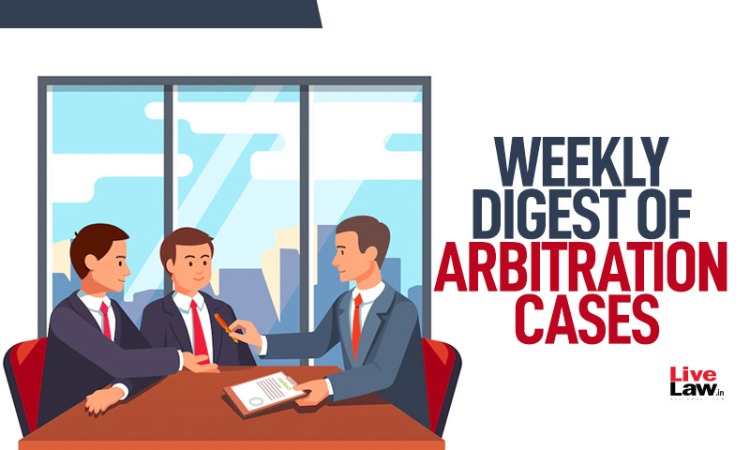Next Story
25 April 2024 7:30 PM IST
High Courts Bombay High Court Can A Section 29A Application Be Filed In The Commercial Court Or Only In The High Court? Single Bench Of Bombay High Court Refers The Issue To Larger Bench The High Court of Bombay (Goa Bench) has referred the issue of maintainability of a Section 29A application seeking extension of the arbitration before the Commercial Court to a larger bench...

